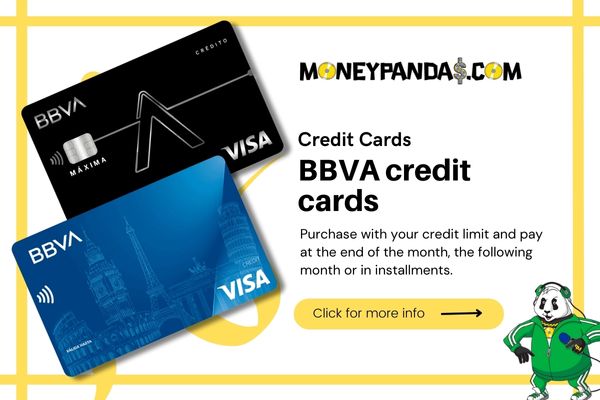Navigating the World of Credit Cards
Credit cards, for many, represent both opportunity and caution. They can be powerful tools for managing cash flow, earning rewards, and building credit. However, when used recklessly, they can also lead to significant debt and financial challenges. By understanding the intricacies of credit cards, consumers can make informed decisions that benefit their financial health.
Credit Cards: More Than Just Plastic
A credit card allows users to borrow funds up to a certain limit, which they can then use for purchases or other transactions. Instead of directly drawing money from a bank account, a credit card delays the payment, requiring the user to repay the borrowed amount at a later date.

Key Features and Terms
- Interest Rates: If the full balance isn’t paid off by the due date, interest will accrue on the remaining amount. The rate at which this interest accumulates is determined by the card’s Annual Percentage Rate (APR). Some cards offer introductory APRs, which may be lower for a specified period.
- Credit Limits: Each card has a credit limit, which is the maximum amount you can owe at any given time. Exceeding this limit may result in fees or declined transactions.
- Rewards and Benefits: Many credit cards come with rewards programs, offering points, cash back, or miles for spending. Additionally, cards might include benefits like travel insurance, extended warranties, or exclusive offers.
- Fees: Beyond interest, credit cards can have various fees, such as annual fees, late payment fees, and cash advance fees. It’s crucial to be familiar with any potential charges associated with the card.

Building and Impacting Credit
One significant advantage of using a credit card responsibly is the positive impact it can have on your credit score. Timely payments and maintaining a low credit utilization ratio (the percentage of your credit limit used) can enhance your creditworthiness. However, missed payments, maxing out cards, or opening numerous accounts in a short time can negatively impact your score.
Choosing the Right Card
Selecting a credit card should be based on individual needs and spending habits:
- Spending Categories: If you spend a lot on travel, a card offering travel rewards might be beneficial. For everyday spending, a card with broad-based cash back could be ideal.
- Interest Rates: If you anticipate carrying a balance month-to-month, you should prioritize cards with lower APRs.
- Annual Fees: Weigh the benefits of the card against any annual fee to determine if it’s worth the cost.
Using Credit Cards Wisely
It’s essential to approach credit cards with discipline. Try to pay off the balance in full each month to avoid interest charges and manage your spending to prevent accumulating unmanageable debt.
In conclusion, when used judiciously, credit cards can be invaluable tools in the financial toolkit. They offer convenience, rewards, and the ability to build credit. By understanding their features and potential pitfalls, you can leverage their benefits while steering clear of potential hazards.

